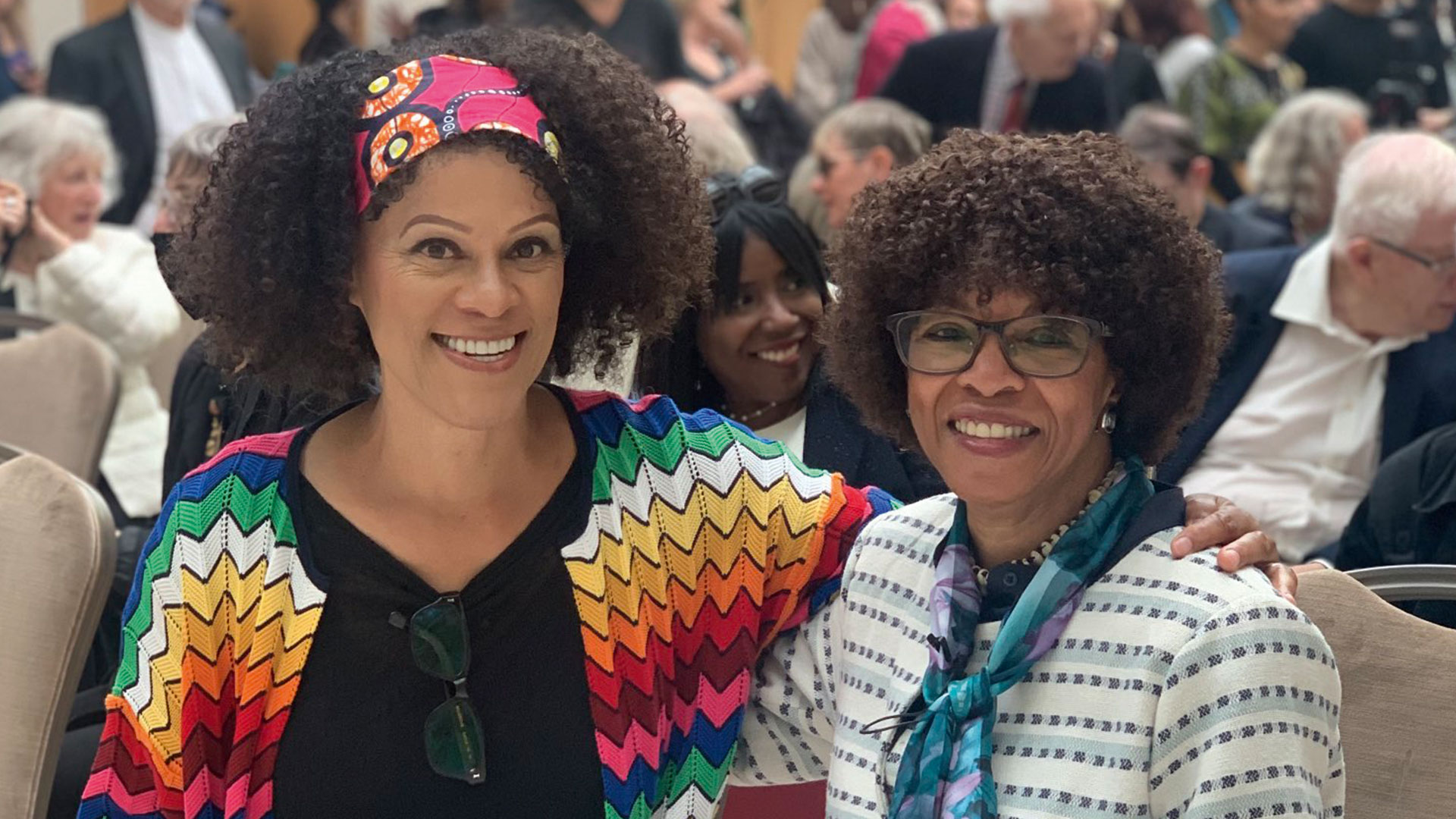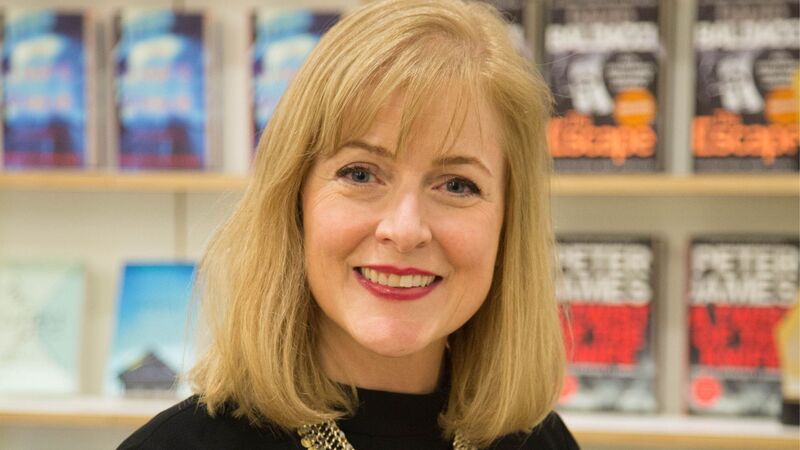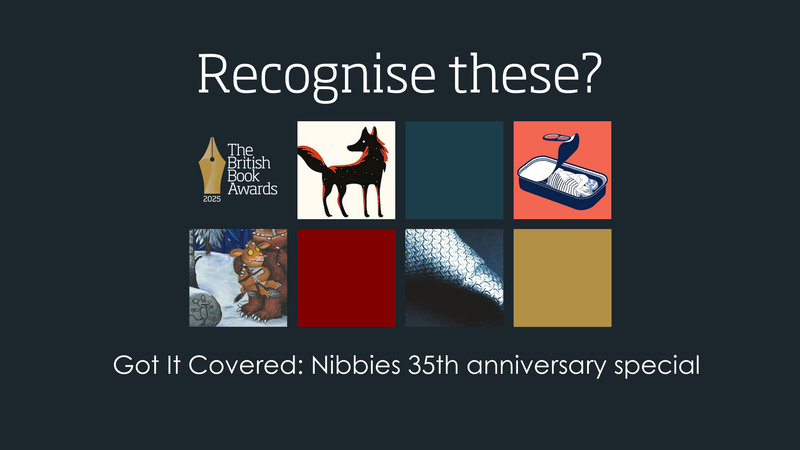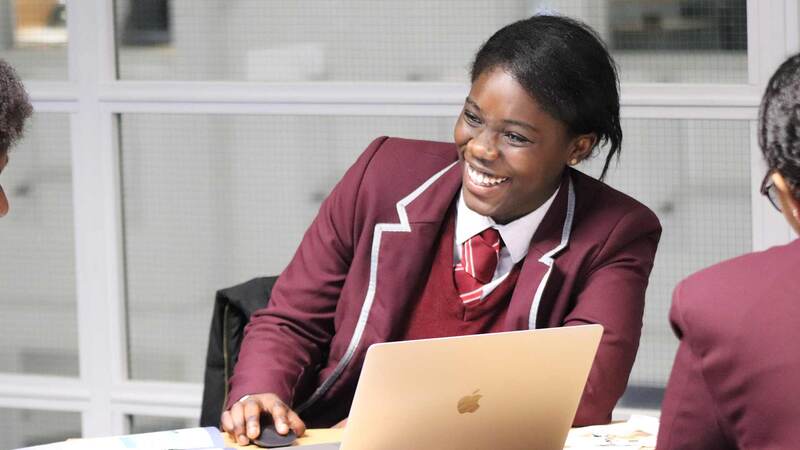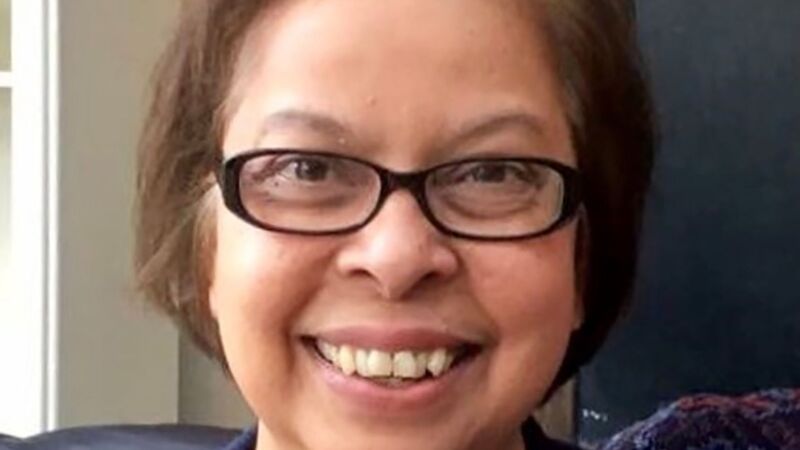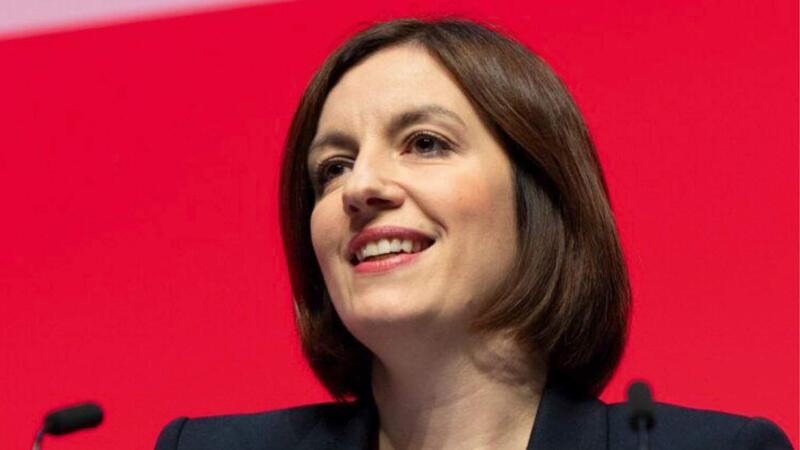You are viewing your 1 free article this month. Login to read more articles.
Publishing pioneer and English PEN president Busby on the pace of change
The UK’s first Black woman publisher discusses how the industry has changed since she embarked on her career in the 1960s—and where progress is still required.
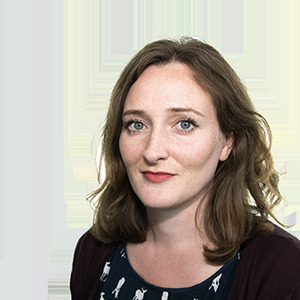
Heloise Wood is deputy news editor at The Bookseller.
There is arguably no one better placed in the UK publishing industry to speak about how the industry has progressed regarding diversity and inclusion—indeed, whether it has at all—than celebrated publisher Margaret Busby.
Busby became Britain’s first Black woman publisher when she co-founded Allison & Busby (A&B) with Clive Busby in the late 1960s. Since then she has been a writer, editor, broadcaster, critic and judged many literary prizes, including the Booker. However, despite being named the president of English PEN last month, awarded the Lifetime Achievement Award by the London Book Fair in 2021, alongside other prizes, and a CBE for services to publishing, she reveals that she still feels “not part of the system”.
While setting up A&B in the evenings and weekends, we subsidised ourselves through employment with other publishers—Margaret Busby
The Ghana-born publisher and campaigner spoke of many forms of discrimination in the trade: some around struggling to even get into the interview room itself. “While setting up A&B in the evenings and weekends, we subsidised ourselves through employment with other publishers,” she says. “I remember turning up for one interview, after replying to an ad in The Bookseller, and the receptionist phoned upstairs and said: ‘There’s a Black girl here who says she’s got an interview.’ You could be stopped in your tracks at the first step by something like that.” She adds: “When A&B was taken over by W H Allen [in 1987], perhaps the assumption was that I had made the tea for 20 years, since I didn’t get given a job while Clive did.”
Busby went on to be editorial director of environmental publisher Earthscan for several years and has freelanced for the past three decades, though this was not necessarily through choice. She muses that her long freelancing career happened “because [she] didn’t fit into the prevailing publishing structure”, even with all of her accolades and experience. “As a Black woman, I’ve frequently found myself working with a white man and quite often the narrative from others is, ‘He must be in charge, talk to him’,” she says. “You work alongside someone who is meant to be your equal, but other people automatically approach him and tell him things, or he does things and doesn’t let you know. In fact, I jokingly call it ‘The Male Oddity’, which stands for ‘Oh, dear, didn’t I tell you?’”
Suddenly everyone seems keen to show how ‘diverse’ or ‘inclusive’ they are. For some, it may be a sort of virtue signalling—Margaret Busby
Busby hopes that the groundswell of discussion around diversity in recent years is not just lip-service. “Things have changed—noticeably in the past two years, with awareness raised by the Black Lives Matter movement after the murder of George Floyd. Suddenly everyone seems keen to show how ‘diverse’ or ‘inclusive’ they are. For some, it may be a sort of virtue signalling,” she says. “It’s great that more Black writers are getting deals, so long as it doesn’t turn out to be a case of the Emperor’s New Clothes.” She cites the importance of the work of the Black Writers’ Guild and that of publishers such as Ellah Wakatama, whom she first met in 2000 at a Penguin party when the now Canongate editor-at-large was an assistant.
Across the board
Busby also emphasises that the trade needs to take a holistic approach. “Diversity takes many shapes, it’s not just about ethnicity. Gender, educational background, locality, age, whether you listen to people who are over 50, as well as to Millennials.”
But Busby is positive about working with organisations in making the industry more open, and has a busy itinerary over the next few months. “I feel extremely privileged to be the president of English PEN and to be working with a great team of people there. I’m looking forward to going to Jamaica later this month to the Calabash International Literary Festival, doing a panel with some contri-butors to New Daughters of Africa [Myriad Editons, 2019 (A republication of Daughters of Africa, published by Pantheon Books in 1992)]”. Busby describes Daughters of Africa as “one of my most rewarding projects in recent years”. It gave birth to an award at SOAS that grants a free course of study to a woman from Africa and the first recipient, Idza Luhumyo, went on to win the Caine Prize last year. Also on the cards is a new volume of Busby’s collected writings.
However busy she gets, Busby will not rest on her laurels—during the interview with The Bookseller, she questions the concept of The Black Issue: “If the reasoning behind a Black Issue is that there is not enough coverage of Black writing in the regular magazine, or that Black people don’t read the ‘normal’ Bookseller, we have to ask why that is. Will white people not be equally interested in reading The Black Issue? Let’s make sure that there is good representation in all the other issues as well.” She added: “We all need to be part of the whole industry, so that it is not a novelty to have in-house Black personnel... No one should feel marginalised or peripheral. Talking about the mainstream doesn’t have to mean we’re not part of it. I am central to my life, I am not on anybody’s margin.”





